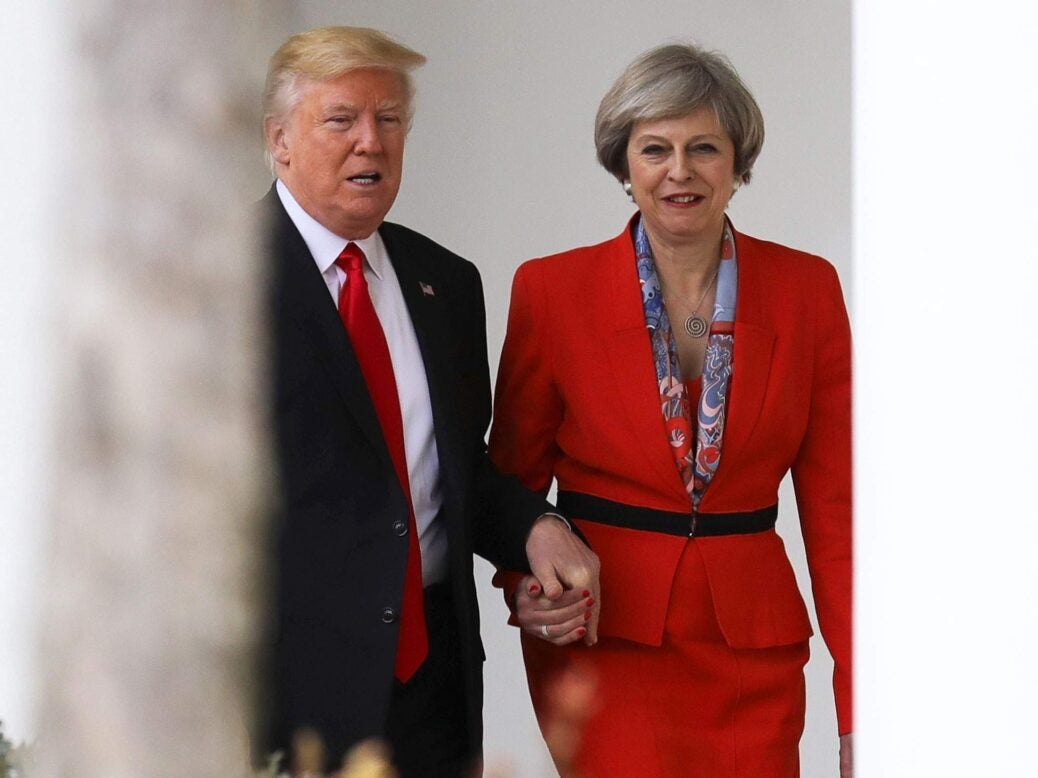
With US relations under the spotlight, private wealth lawyer Corinne Staves offers some advice special tax relationship that the US imposes on its citizens and ‘accidential’ citizens, wherever they are
Just last week, the Prime Minister, Theresa May and President Donald Trump were holding hands as they strolled around the White House and gushing about the Special Relationship between the UK and US. Subsequent events have suggested that many feel that Mrs May should change that relationship status from special to it’s complicated.
For many others outside the US, their relationship with the US is also complicated. A classic example is a person who does not realise that they are a US citizen. If a person is born in the US, they are a US citizen. For those that are born in the US and then live in the US, this probably won’t come as a surprise.
However, in some cases expectant parents travelled to the US seeking top quality health care services to ensure the best possible start for their precious newborn. They are unlikely to think about the long term fiscal implications for that babe in arms. If a person has had no further connection with the US since they left the maternity unit in a pram, they may be surprised to discover they are a US citizen.
There can be other ‘accidental Americans’. These include a person born outside the US to two married US citizen parents, where one parent lived in the US before that child’s birth; a person born outside the US to married parents, one of whom is a US citizen, where the US parent has spent five years living in the US (or serving the US) and two of those years were after their fourteenth birthday; and a person born outside the US to unmarried parents, if the mother is a US citizen and has spent a year living in the US.
So what?
Well, for start the US imposes worldwide income tax, estate tax and gift tax on US citizens. As well as the obligation to pay US taxes, there are filing obligations. For those that did not realise they were US citizens, and therefore have not been paying taxes or filing returns, back-taxes, interest and penalties may be significant. These individuals will also have to consider how their US tax obligations align with their tax obligations in their home jurisdiction and other countries. Are there double taxation treaties which might offer some relief?
Trustees of non-US trusts need to understand whether they have US beneficiaries as, generally speaking, distributions to US beneficiaries can have US tax implications and the US beneficiaries may have reporting requirements.If this all sounds complicated, it gets even worse (ie expensive) if high net worth US citizens try to relinquish their citizenship.
Those who are concerned that they may be US citizens should take urgent US legal and tax advice, and should ensure that their UK and other advisers are aware of their links with the US so that the non-US advice is aligned with the US position.
The moral of the story? Well one is to think twice about starting a family with an American! This is a special relationship your children might prefer to avoid.
Corinne Staves is a partner at boutique private wealth law firm Maurice Turnor Gardner LLP






